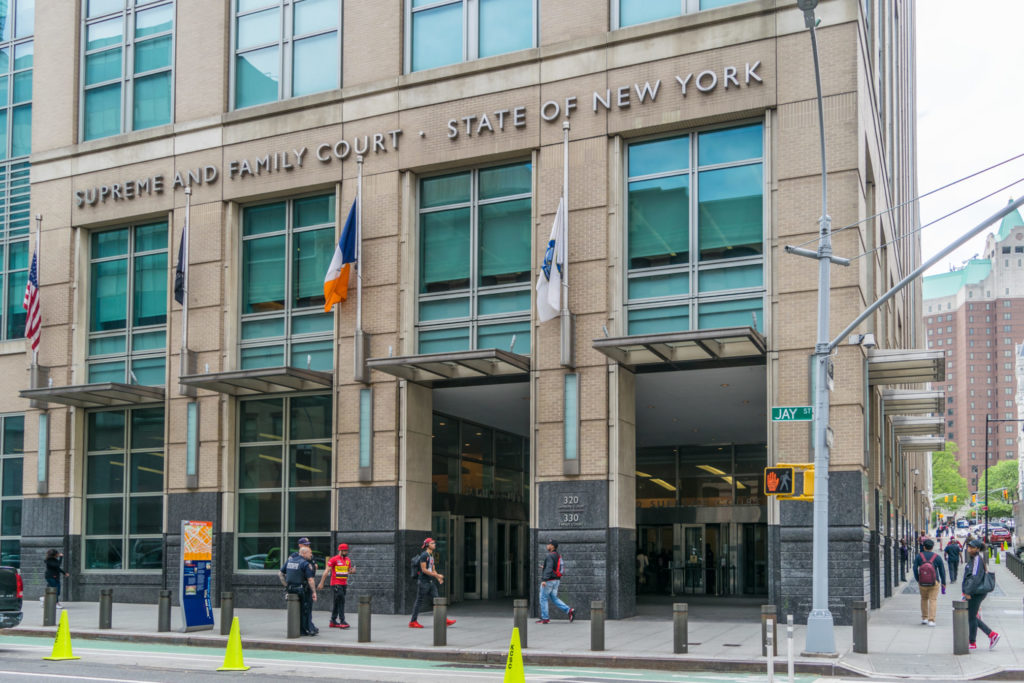Judge set to toss decades-old murder conviction Tuesday
The Brooklyn man in question allegedly confessed to now-disgraced Det. Scarcella.

A Brooklyn man who has been behind bars for more than 20 years will have his murder conviction overturned on Tuesday, after his lawyers argued that the confession secured in his case was coerced, the Brooklyn Eagle has learned.
Eliseo DeLeon will have his murder conviction overturned by Brooklyn Supreme Court Judge Dena Douglas Tuesday, his lawyer, Cary London, confirmed to the Eagle. London declined to provide further comment for this story. When Douglas overturns the murder conviction, DeLeon will still be under indictment for murder and could be tried again by the Brooklyn district attorney. He could either be held on bail, remanded or released at that point.
DeLeon was convicted in 1996 of shooting and killing Fausto Cordero during an attempted robbery in Clinton Hill. He allegedly gave a confession at the 79th Precinct after the killing, for which Det. Louis Scarcella, his partner Det. Stephen Chmil and one other detective were present. DeLeon denies ever confessing and later refused to give a videotaped confession.

Brooklyn Boro
View MoreNew York City’s most populous borough, Brooklyn, is home to nearly 2.6 million residents. If Brooklyn were an independent city it would be the fourth largest city in the United States. While Brooklyn has become the epitome of ‘cool and hip’ in recent years, for those that were born here, raised families here and improved communities over the years, Brooklyn has never been ‘uncool’.